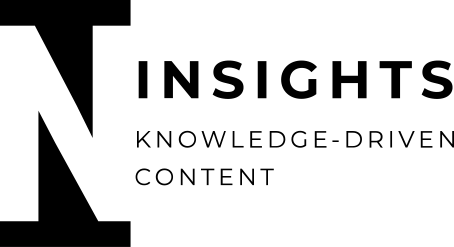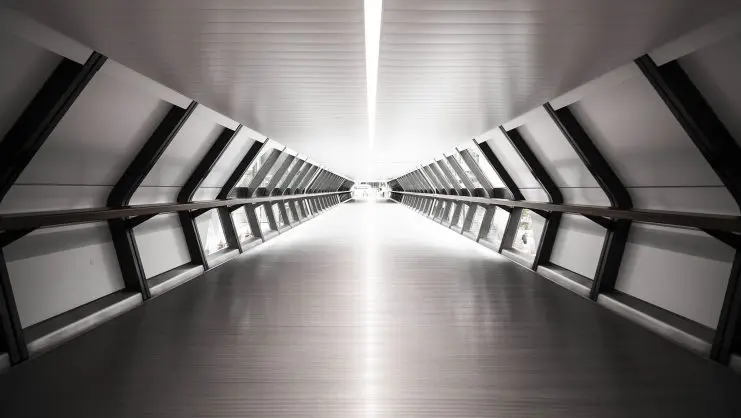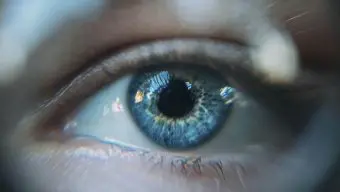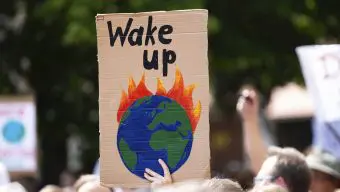Circular Economy Explained: The Future of Sustainable Business?
*If the video doesn’t load, click here.
What is the circular economy and how can we transition towards it? Michael Leube shows how embracing circular principles—like reuse, sharing, and open innovation—can reshape our business models.
© IE Insights.
Transcription
All other living systems, all other biological systems on this planet, without an exception, practice a circular economy. We are the only ones that have come up with, have designed garbage.
The linear economy is based on take, make, waste. We take things out of the natural environment, resources, raw resources. We make them into consumer products, and then we waste them, which means usually we put them in the landfill or we put them in the incinerator and burn them. So our products do not go back into a natural cycle, which takes me into the circular economy, which is basically trying to bend that model around and try to bring the components of consumer goods back into the cycle.
The two main principles of the circular economy are circular patterns of resource use on the one hand, and open patterns of information use. A tree in the forest is a good example of the circular economy. So a tree, at least leafy trees, do something very absurd every single fall, that is, to get rid of all of their leaves.
The reason this is wasteful but not garbage is because the leaves fall down and they become mulch, and the mulch turns into earth, and in the earth, a tree grows and the tree has a trunk, and trunks have branches, and branches have leaves. And we start again. So that is the first part of my definition, the recycling of resources.
That takes me to the second part, which is open flows of information. In the circular economy, it’s absolutely crucial to move away from patents, trademarks, because the more we share, the more innovation we have and the easier it becomes for us to implement the circular economy. So different models, different business plans work for different product families, let’s say. How do we break out of it?
I think it needs to be a radical change, but I think the change should and most easily starts with tweaking our business models. So going from owning units of commodities to sharing them. So we go away from owning things to access to things. Most households will have a power drill, their own little Bosch powered power drill or whatever, and that is absolutely absurd, because the average power drill is used for something like 6 or 7 minutes in its lifetime, so that is entirely ridiculous
as a system. What do I need? A power drill? Or do I need a hole in the wall? So there’s a massive difference between need and want. We could go back to an ancient concept of sharing called library, right? Even in Alexandria and other ancient civilizations, they knew this concept of the sharing economy. They knew we don’t need a copy of every book for every citizen, because no one is going to read the same chapter at the same time.
It’s absurd. Right? And so they came up with, well, let’s have one copy of each, and someone will use it and then return it, and then someone else will use it, because what does that citizen need? A chunk of a bunch of murdered trees glued together, or information? I think there is reason for optimism in this transition towards the circular economy, I noticed that it has become quite trendy to reuse things, to hack things.
I see a trend to buy on platforms like Vinted, like eBay, like Wallapop, Milanuncios etc. I see a fast-growing network of exchange of peer-to-peer exchange. I believe that larger companies, if you go from end user to businesses, can benefit a lot from the circular economy by not having to purchase virgin materials all the time.
A silver lining of the climate catastrophe is that as we are running out of materials, resources, and as climate change is becoming more and more noticeable, I believe that there will be an accelerated shift towards the circular economy in the coming years.
